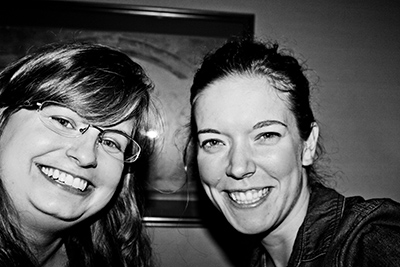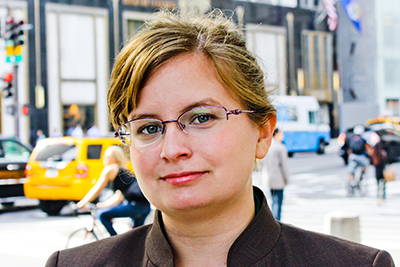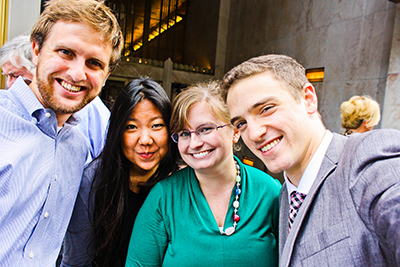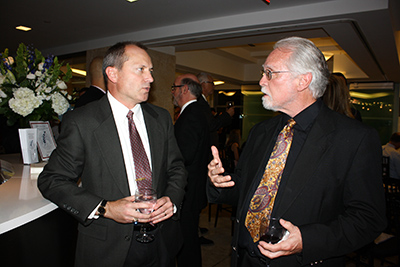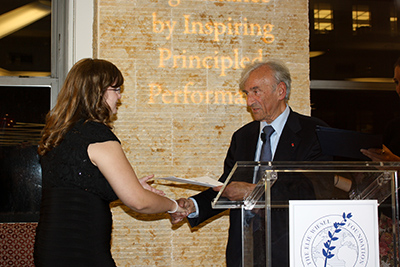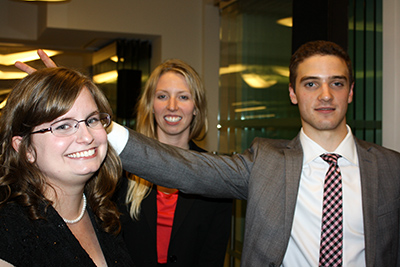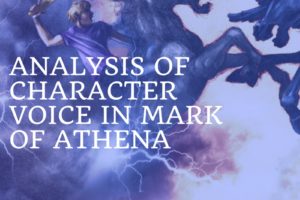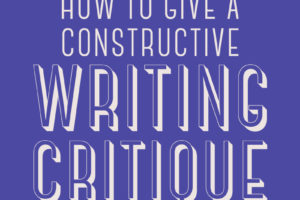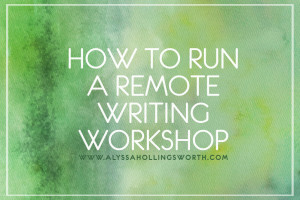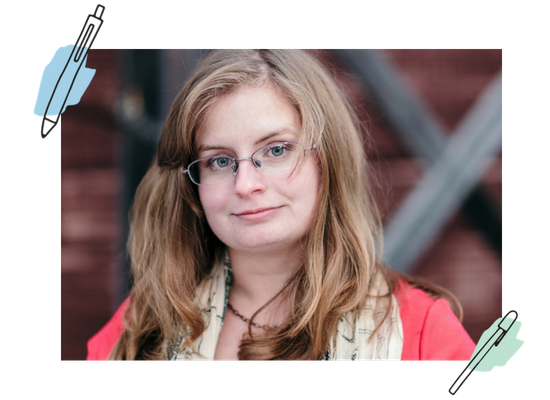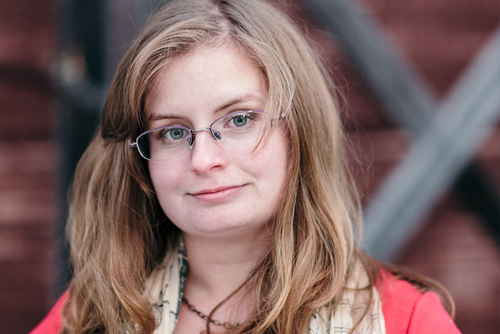Last fall, I wrote an essay that eventually won third place in the Elie Wiesel Foundation’s Prize in Ethics. Over a year after the first draft, I found myself in New York City to attend seminars with the other winners and an award ceremony. It was a crazy, crazy experience, guys.
October 2nd:
I arrived from Heathrow and met my parents on Wednesday. We got to the Wellington Hotel (where the foundation had reserved a room for me) without too much hassle—though Dad driving in NYC during rush hour traffic was a terrifying experience in and of itself. I got the keys to the room and we settled.
That night I met up with one of my best friends from the middle school/high school era: Katherine. It was beyond wonderful to chat and catch up on her life. I love it when you can reconnect with someone and pick up the pieces exactly where you left off—those friendships are rare, in my experience, and Katherine has always been one of those friends. She’s working in Penguin, in the children’s department. It was fascinating to compare our experiences and the different ways our love for writing and books have manifested.
October 3rd – Seminars:
The next morning, I donned a suit (a suit!) and betook myself to 745 Fifth Avenue and the LRN office. LRN is a unique company that sponsors the seminars and ceremony every year and is closely connected to Elie Wiesel through its founder, Dov Seidman. The office space was amazing—beautiful views of the city, and the floor-plan itself wide open. All the doors and most of the walls are glass and there aren’t cubicles—all to convey a sense of transparency, which is at the core of the company’s mission.
I arrived at the same time as Lawson Kuehnert, winner of second place. We were taken in and introduced to Professor Patterson, who was to act as our guide through the seminars. Lawson and he started talking about philosophy and philosophers and I mostly nodded and tried to look intelligent, while mentally switching between wishing I’d bothered to take a course in philosophy and wondering how they could talk about these mind twisting topics before ten in the morning.
Lucie (honorable mention) and Gavi (first place) arrived before long. We were also joined by Aimee Griffin, a previous winner and now-employee at LRN. We dove straight in to discussing each others’ essays. Below are some of my notes—most of them quotes from Professor Patterson and the other students.
- The conflict of ethics vs. meeting physical/basic needs (see: Gavi’s essay).
- The more I respond, the more responsible I become.
- Self is the opposite of soul.
- There is a difference between silence and muteness (see: Lucie’s essay).
These notes are scarce and do almost nothing to convey the depth of our conversation. Professor Patterson had a field day with my essay and the symbolism of the bread and eating together in my conclusion. It was wonderful to see how something I had experienced could be so meaningful on so many layers—way beyond what I’d intended when I wrote it down.
We had a tour of the office, then returned to the seminar room (I think its name was the “Gandhi Room”) for lunch. Dov Seidman joined us a little later and talked about the mission and the founding of LRN, which was fascinating. One thing he mentioned was that he thinks curses can be blessings, which he used as an intro to talking about his struggles with dyslexia. When we went around to introduce ourselves, I mentioned that my novel project is about blessings, and he asked me to send him an excerpt. I felt my cheeks go flaming and stuttered, “Erm, I mean, it’s young adult fantasy.” Everyone laughed. He said, “If it’s good enough for the world to read, it’s good enough for me.” (Side note, but I did actually just send that email. Gulp!)
I’ve got a few notes from his talk, too:
- Amorality is more dangerous than immorality.
- You measure what you get (i.e. followers, favorites, profit).
- What you measure is a choice—it communicates what you value.
After Mr. Seidman’s talk, we were dismissed for a quick thirty minute break. Gavi is attending school in NYC, so we asked him what we should do. He pointed up a block and recommended we check out the richest part of New York. So we did, of course!
This little half hour was one of the best parts of the entire trip to me. We had to keep shifting and rearranging ourselves to get around crowds, which meant for certain stretches we got to walk beside someone else and talk. It felt natural to stroll down 5th Avenue and chat about all sorts of things, from the very serious to the practical to the funny. Gavi demonstrated a true New Yorker attitude by diving straight between a couple holding hands. He walked up to Tiffany’s and said, “Just act like you belong.” Then he sauntered in. I’m not sure I’ve ever seen a real diamond before, because those were something else! It was fun to gawk quietly to each other and then nod sagely like we were serious people.
We made the loop and headed back for our last seminar, a discussion of Elie Wiesel’s piece On Writing.
A few notes:
- “You have to write so you can cut.” – Elie Wiesel
- Dr. Patterson asked Elie Wiesel once, “How do you survive writing this [Holocaust accounts]?” He replied, “I work on the Talmud as a lifeline.”
- Have I said what needed to be said?
- The infinite shows itself in the disturbance of the witness.
- Ask the “why” not for yourself but for everyone. The question is for the sake of my neighbor whose cry I can’t ignore.
With the seminars done, we went our separate ways for the two-ish hours before the ceremony.
October 3rd – Ceremony:
I arrived early for the ceremony and joined the others while we waited for cameras to get set up. We chatted with Professor Patterson about many topics—home schooling, philosophy (of course, heh—I had to confess I had no idea what they were talking about), and experiences with faith. Meanwhile one of us would get plucked from the room at a time and taken down for a quick interview. When it was my turn, I felt like a babbling idiot. I’ve interviewed plenty of people, but put me in front of the camera and I have no idea how to act or what to say.
Parents and guests arrived, and soon LRN was full of posh folk! Elie Wiesel and his wife came. When I first saw him, I had to duck behind a column to take a deep breath. It was actually happening!
We socialized some, but it was frankly rather overwhelming. I found myself hanging by Lucie, and the boys joined us before long, and my parents were around and did a pretty awesome job of acting normal.
An aside about my parents: They are pretty cool.
Not a lot of parents would want to go to Afghanistan. Not a lot of parents would let their 19 year old daughter go. But mine did, and for me the ceremony was as much about them as it was about me. There wouldn’t be this essay without many wonderful people—but there wouldn’t have been the experience without my parents (and my older sister).
My parents mingled a lot at the ceremony, normally around me and the other winners. Dad talked to Lawson about the Navy, and later when I introduced Professor Patterson to him he shared stories about 9/11. Afterwards Professor Patterson and Lawson (and a few other people) told me, “Your parents are really great.”
Yep.
About the time my four inch heels started killing my feet, we were herded to go sit down in our reserved spots. Mr. Seidman spoke briefly about us, drawing from his conversations with us during lunch, and introduced Professor Wiesel.
How do you explain what a great man is like? Professor Patterson told us that Elie Wiesel was the type of man who only comes every five hundred years. You sense it in his writing, but it’s almost overwhelming in person.
He’s small, like me. He speaks calmly, slowly, with no notes in front of him. Occasionally cracks a smile, wider on one side of his mouth than the other. His eyes search for yours, and when you meet his gaze you don’t breathe because breathing means you wouldn’t be able to listen, wouldn’t be able to feel what he’s saying. Everything fades away when he speaks.
He talked about how the world is evil, about how actions do so little, but the thing is to start. The finishing isn’t as important as the effort. He talked about how man is fallen, how he is afraid of God as his judge, how he wants God to be his friend. I wish I had a transcript for his short talk. It was beautiful.
Then he introduced each of our essays with brief remarks. “It hurts, it hurts,” he groaned over Lucie’s essay about abortion in China and Lawson’s essay about self-immolation in Tibet.
When he was making remarks on my essay, Professor Wiesel read the quote: “My parents always told me to love others.” He looked up, smiled, and said, “Good parents.”
He talked about the idea of the “other”—that in Jewish tradition, the other is the Devil, but humans are all connected, and we have no “other.”
He said, “Which one is Alyssa?” I held up my hand timidly and he waved me forward, smiling. He was about my eye-level when we shook hands, his grip strong but gentle.
Of Gavi’s essay, he said with a grin, “This one. This one, I like.”
We went up afterwards to take pictures, and when it was over I found myself standing by Professor Wiesel again. I’ve blogged about this already. Needless to say: It was an honor beyond words to touch his hand and listen to him.
We mingled a little more, until the guests started to trickle out. Earlier Gavi had suggested we all go get drinks, so we set out together. Aimee came along and took us to a really nice place just around the corner. Confession time: I have never been in an actual American bar, but I was pleasantly surprised by this one—probably because it was all NYC-ish and fashionable. I got a Diet Coke and listened to the others discuss Shakespeare and winning and life in general (at this point, it was 4AM for my British internal clock, so I was lucky to even be awake).
We parted ways with hugs all around, then Lawson, Lucie and I went back to the hotel. More hugs and goodbyes there, and promises to find each other on Twitter and Facebook, and then I was upstairs getting into delicious PJs, debriefing my parents and going to sleep.
All in all… “fantastic” doesn’t do the day justice.
A brief word of thanks to all the people who made this essay a reality: God (without whom a 5’2″ girl like me wouldn’t have the courage to go across the world in search for the broken), Amy (for her incredible heart and her help perfecting my memory), Mom and Dad (for loving extraordinarily), Professor Greenbaum (for all the drafts, encouragement and advice, and for finding this competition over a year ago), Brad Hankins and Karl (for help with language/cultural details and input on security concerns), and Kyley Barton (for sharing in my grief and patiently listening as I processed my experiences). They all rock my world, and they are the reason the story exists. Thank you.


